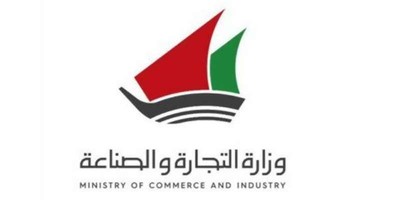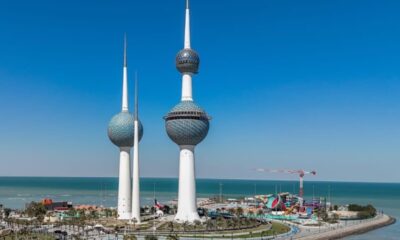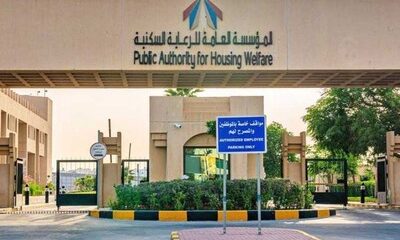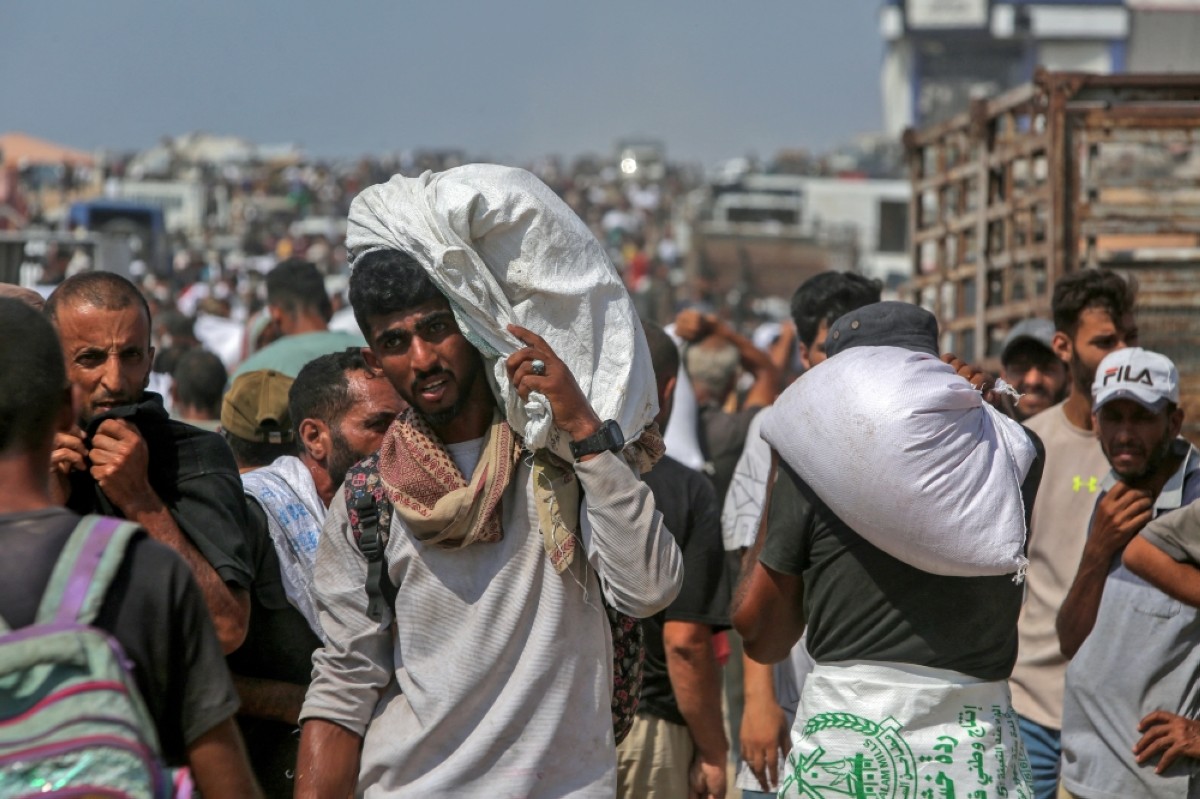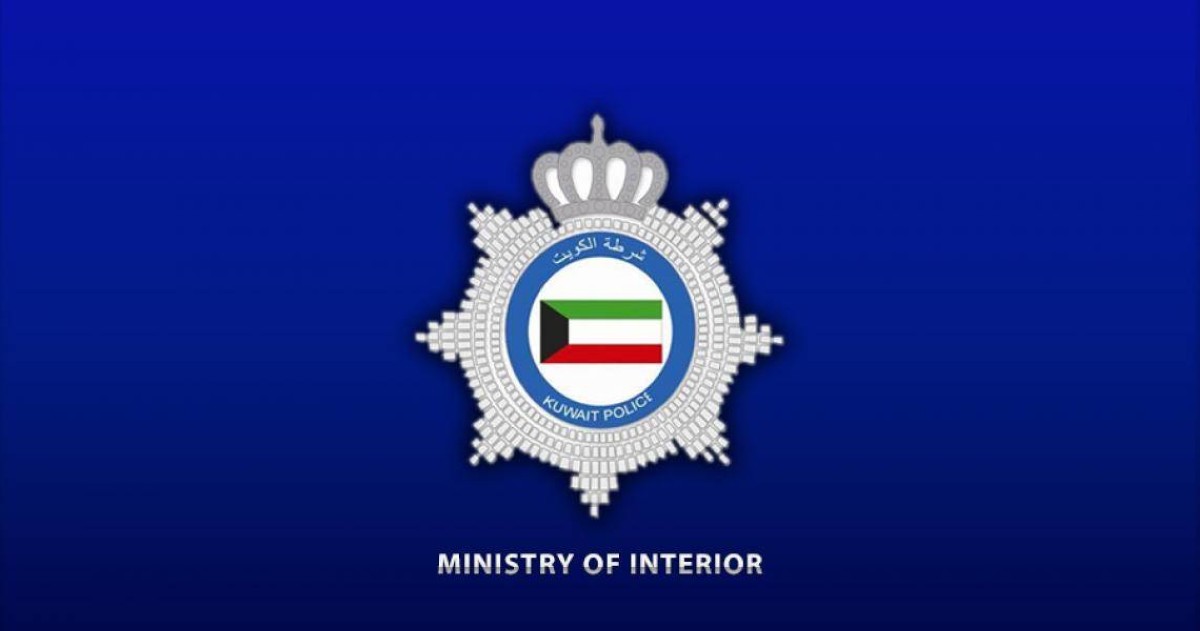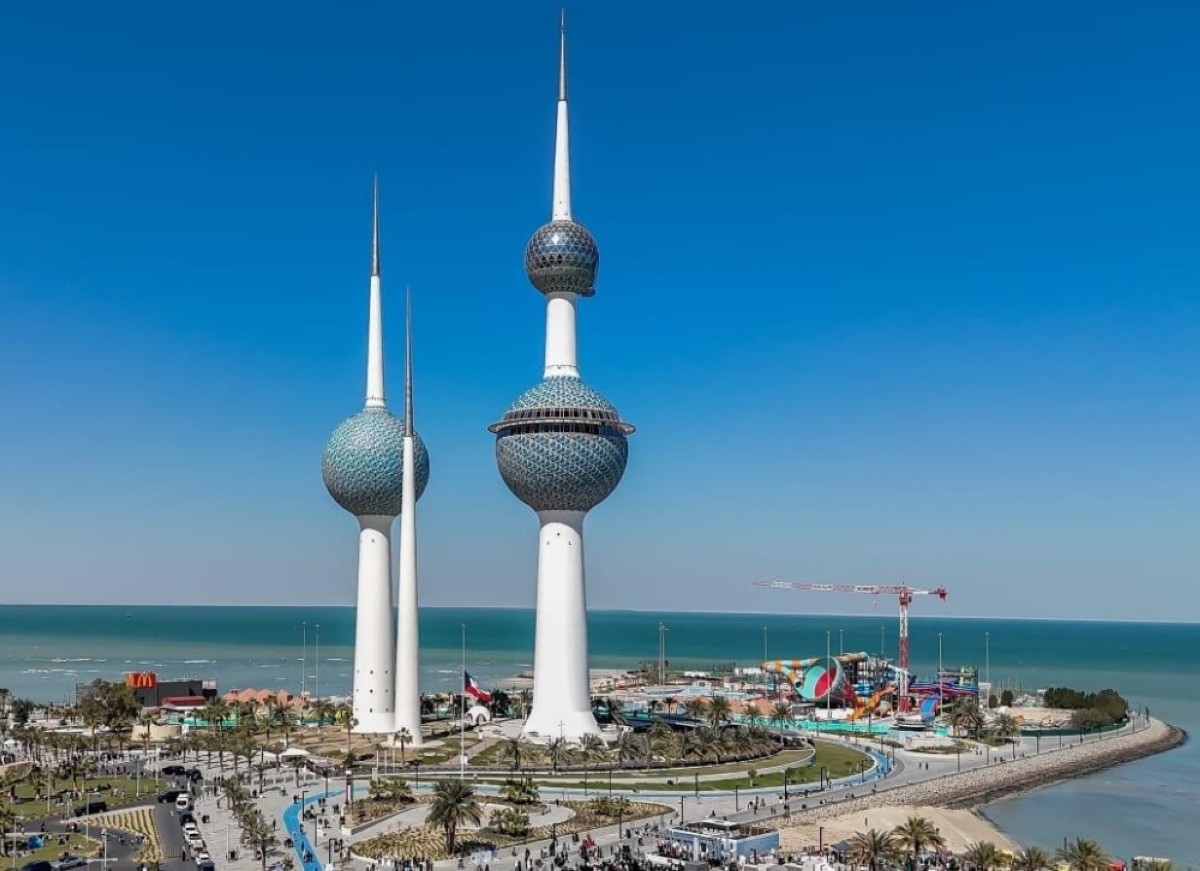Latest News
Japan’s foreign minister to visit Kuwait in September
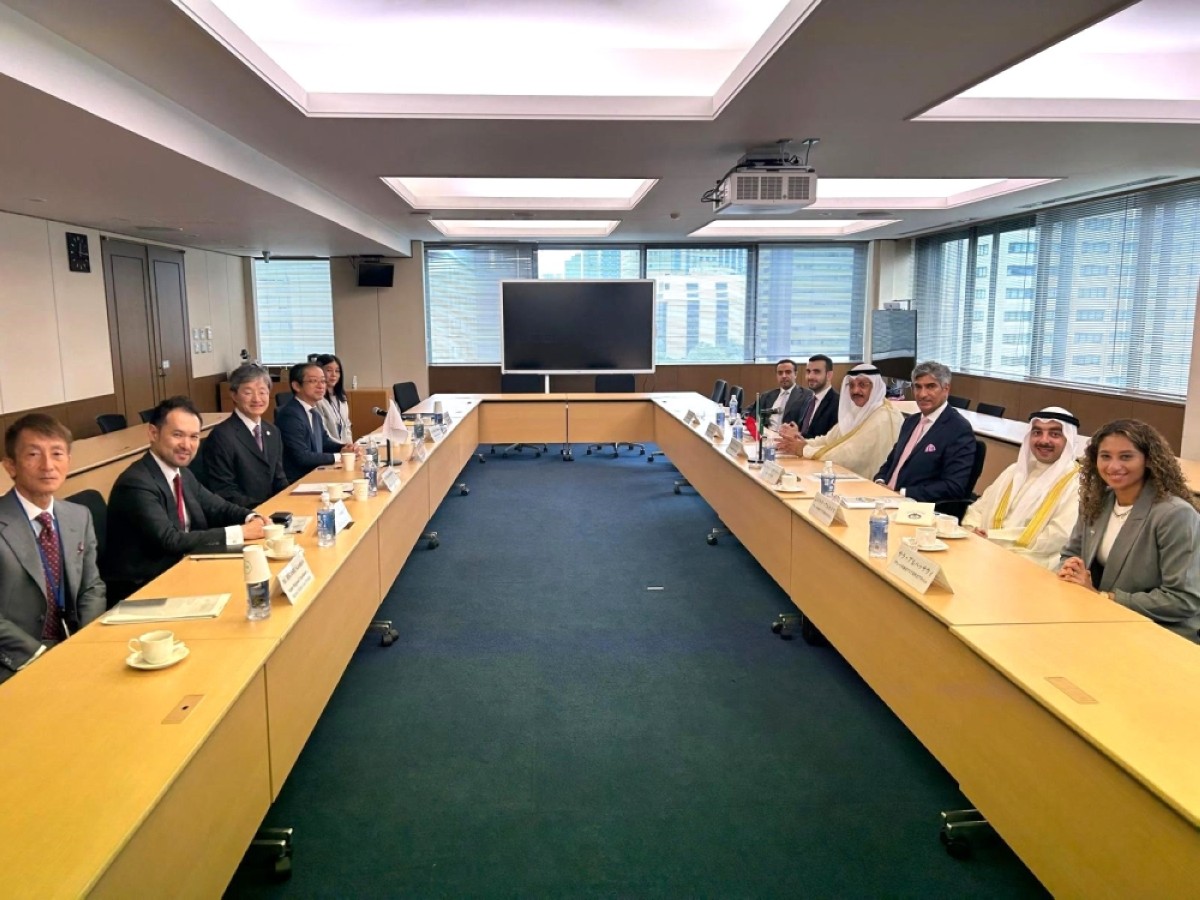
Latest News
First Gaza aid flight to depart Sunday
Latest News
Security forces seize KD 500,000 worth of shabu
Latest News
Kuwait Towers added to Arab Heritage List
-

 Politics17 hours ago
Politics17 hours agoKnife-wielding Kuwaiti citizen shot, arrested for creating panic
-

 Latest News16 hours ago
Latest News16 hours agoMinistry of Information mourns veteran actor Mohammad Al-Munaie
-
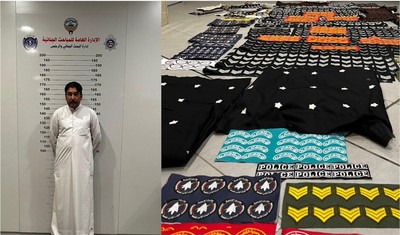
 Politics14 hours ago
Politics14 hours agoSyrian Suspect Caught Selling Unauthorized Military Insignia in Kuwait
-
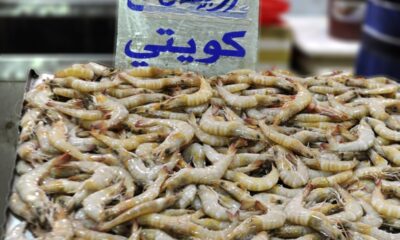
 Latest News17 hours ago
Latest News17 hours agoShrimp prices drop; Kuwait Bay fishing ban back in spotlight
-

 Latest News11 hours ago
Latest News11 hours agoCAN Olympics end with focus on physical therapy, awareness
-

 Politics15 hours ago
Politics15 hours agoMeth, Guns, and Crime: Breaking Bad Moment Uncovered in Kuwait!
-
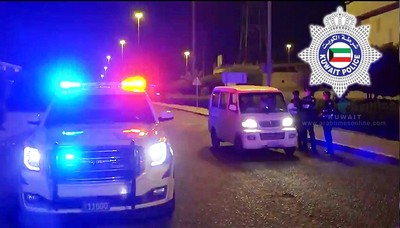
 Politics12 hours ago
Politics12 hours agoHe Drove Against Traffic and Inflicted Injury on Himself to Evade Arrest
-

 Latest News12 hours ago
Latest News12 hours agoKuwaiti households reap rewards for saving energy, water


